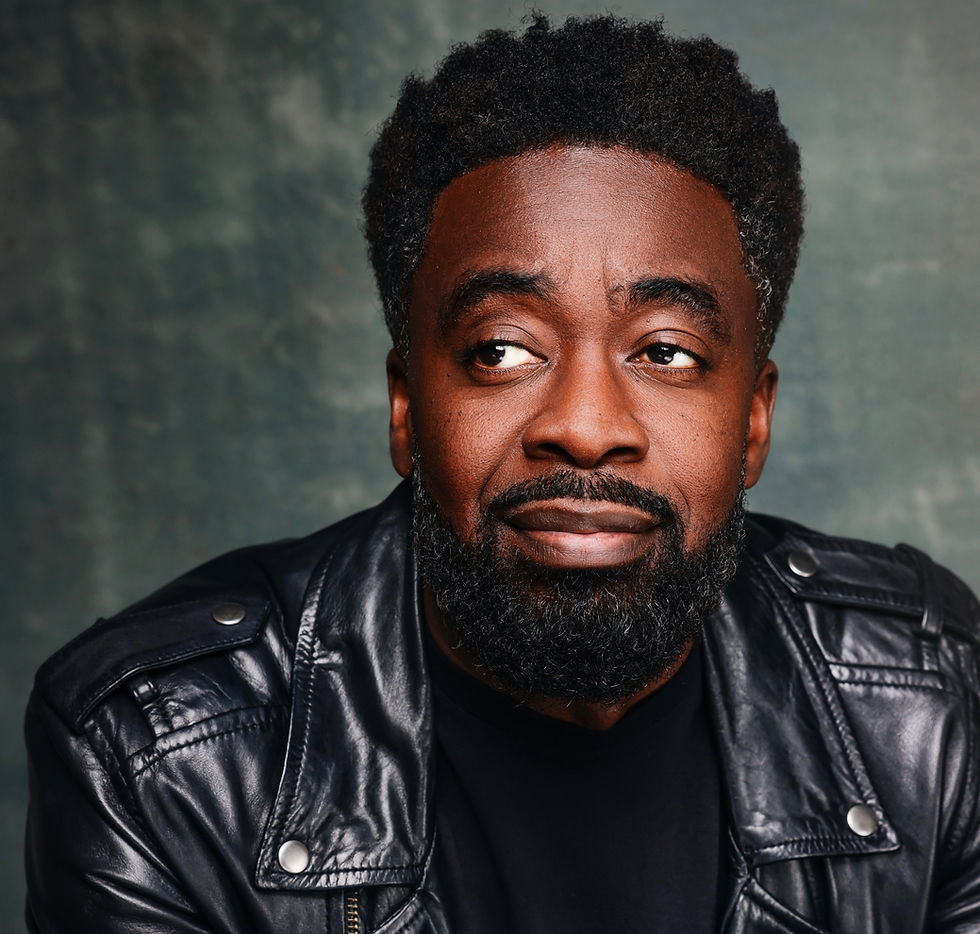How James Earl Jones Turned Characters Into Real People
- UpRising Editors

- Sep 21, 2024
- 3 min read
[THE MAIN EVENT]

Remembering the man with the godly voice
If at some point over the last 50 years you didn’t know the most recognizable villain in the world, Darth Vader, was voiced by James Earl Jones, you do now. If you watched The Lion King when you were a kid and felt warmed by the dulcet tones of Mufasa as he guided Simba through a tumultuous reign, you have Jones to thank for that, too.
Everybody has a James Earl Jones they like. His was a generational talent, a career that left a touchstone in its wake every decade or so. In the '60s, it was Dr. Strangelove. In the '70s, it was Claudine and Star Wars. In the '80s, it was Field of Dreams, Coming to America, and more Star Wars. In the '90s, it was several Jack Ryan films and The Lion King. In the 2000s, he leaned into voiceover roles, until, finally, in 2021, we got him once more as King Jaffe Joffer in Coming 2 America. Jones would appear on a random TV series or stage play almost every year of my life, and was almost always the highlight. If you didn’t like one, another would soon be along. He once recited the alphabet on Sesame Street and literally changed how literacy was taught.
I first experienced James Earl Jones in 1982. In Conan the Barbarian, he played Thulsa Doom, a sorcerer who rode around with his band of warriors, razing and creating cults. You get why Jones would work in a film that was otherwise extremely physical: His penetrating gaze called out to you, at first stern, then soft, then a coy turn of the head, eyes somehow still on you. The next thing you know, he’s swinging a sword at your head. You buy what he’s selling because Jones knew how to turn up the charm and menace in equal amounts. He gets a lot of credit for having an unmistakable voice, but it was his ability to emote pure earnestness that made him compelling even when his lips weren’t moving. You believed every character he took on, and even though that voice resonated through them all, they were all different people. Not characters; people.
Jones often played cantankerous figures, and because he poured so much of himself into a role, he was one of those celebrities I never wanted to meet face-to-face. I’ve read that what was onscreen was not at all his personality, that he was in fact polite and kind to people. That earnestness was too close to home for me. A 1968 interview in which he derided what he called “militant Black women” as “uptight” (and worse) did him no favors. Jones was raised under traumatic conditions, which both explains everything and boggles my Black mind. It is impossible to know exactly what an actor brings to a role to execute the performances we observe, but we do know that Jones was plagued by his upbringing, manifesting ironically in a lifelong stutter. He comes from a particular time and he comes from a specific trauma. That combination of socialization makes me cheer his accomplishments while still agonizing over his archaic social views.
Jones achieved the rare designation of an EGOT — winning an Emmy, a Grammy, an Oscar, and a Tony award — which should surprise no one. He was an actor of unparalleled sensitivity and complexity matched with a voice from God. Millions of people are still mourning his death because he was present for so much of our lives, in more ways than we can fully professionally or personally document. Acting is perhaps the only thing Jones was put on earth to do. —Scott Woods
The UpRising newsletter is a mixtape for your mind filled with information that's intellectual and irreverent—no skips. Whether it's film, music, art, food or the culture full stop, UpRising will serve as the starting point to your deep dives.



